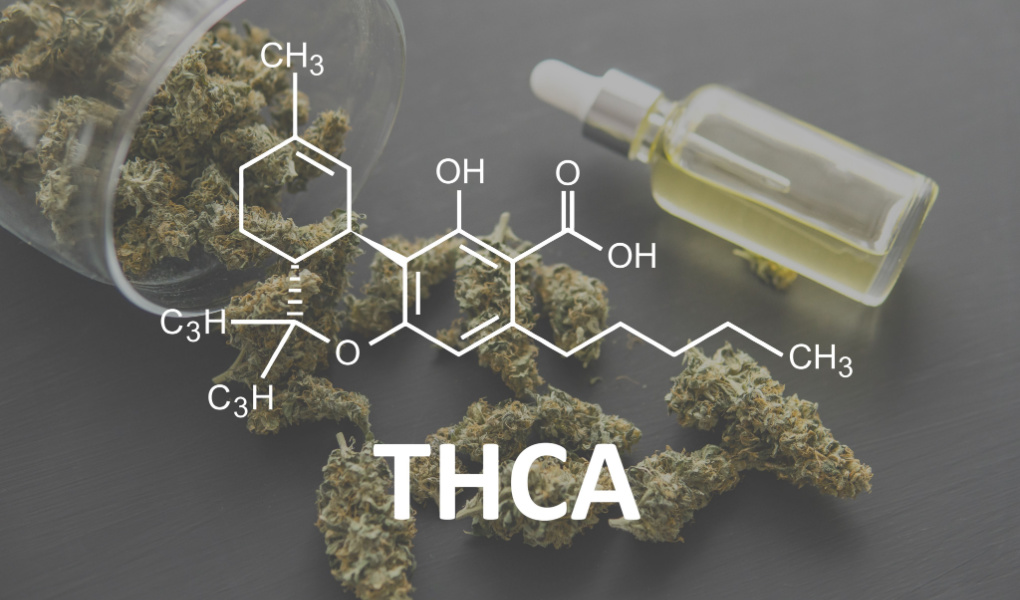A Closer Look at THC-A

In recent years, the world has witnessed a growing interest in the various compounds found in the cannabis plant. One such compound that has been gaining attention for its potential therapeutic benefits is THC-A, or tetrahydrocannabinolic acid. Often overshadowed by its well-known cousin THC (tetrahydrocannabinol), THC-A offers a unique perspective into the intricate world of cannabis compounds.

Here's what you need to understand:
THC-A is the non-psychoactive precursor to THC. Found in raw, unheated cannabis plants, THC-A does not produce the euphoric "high" commonly associated with THC. Instead, it boasts an array of potential health benefits without the psychoactive effects.

Health Benefits:
-
Anti-Inflammatory Properties: THC-A has shown promise as a potent anti-inflammatory agent, making it a potential ally in the treatment of conditions characterized by inflammation, such as arthritis.
-
Neuroprotective Effects: Research suggests that THC-A may have neuroprotective properties, offering potential benefits in the treatment of neurodegenerative disorders like Alzheimer's disease.
-
Antiemetic Effects: THC-A has demonstrated antiemetic properties, making it a candidate for alleviating nausea and vomiting associated with chemotherapy.
-
Antioxidant Powerhouse: As an antioxidant, THC-A may help combat oxidative stress, which is linked to various chronic diseases.
How do you consume THC-A?
Unlike THC, which requires heat to activate its psychoactive effects, THC-A is best consumed in its raw form. This means incorporating fresh, unheated cannabis into your diet, such as in smoothies, salads, or cold-pressed juices. This allows individuals to experience the potential health benefits of THC-A R
It's essential to be aware of the legal status of THC-A in your region, as regulations surrounding cannabis compounds vary widely. While THC is often subject to strict legal scrutiny, THC-A's non-psychoactive nature may make it more accessible in certain jurisdictions.

In conclusion, as our understanding of cannabis compounds deepens, THC-A emerges as a fascinating component with a range of potential health benefits. From anti-inflammatory properties to neuro-protective effects, THC-A offers a glimpse into the diverse therapeutic potential of the cannabis plant. As research continues to unfold, it's clear that THC-A is more than just a precursor to THC – it's a compound with the potential to revolutionize the world of natural medicine.



Leave a comment